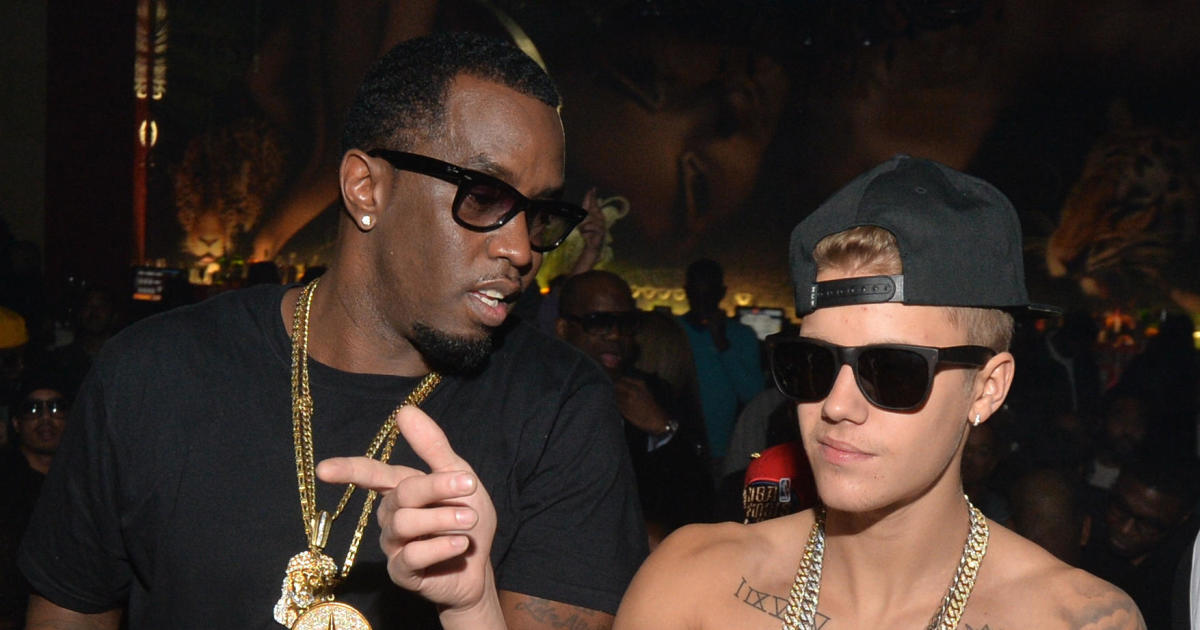A mysterious song has emerged online, echoing the familiar sound of Justin Bieber, but with lyrics that point to accusations against Sean “Diddy” Combs. This song, seemingly generated by artificial intelligence (AI), has amassed millions of views across platforms like TikTok, X, and YouTube, fueling a wave of intrigue and debate.
AI-Generated Song Goes Viral
The song, featuring lyrics that speak of a “Diddy party” and a “lost soul,” first appeared online in April and recently went viral following Diddy’s arrest on charges of sex trafficking and racketeering. It’s unclear who created the song, but numerous users believe it’s a Bieber track due to its resemblance to his vocal style. However, no evidence suggests the pop star released the song.
Analyzing the Evidence
Several key pieces of evidence suggest AI was involved in the creation of this viral tune.
- No record of the song exists in Bieber’s catalog. This is particularly telling, as the song has achieved significant traction and would likely have caught the attention of Bieber’s team if it were officially released.
- Searches for “Bieber” and “Diddy” spiked on Google Trends. This increase coincided with the initial circulation of the song, raising suspicions that a link between the two figures existed.
- Multiple AI detection tools identified AI as the likely creator. Experts like Stephen Stahl, co-founder of Ai-SPY, and Zohaib Ahmed, CEO of Resemble AI, both concluded that the song is AI-generated based on their tool’s analysis.
AI: A Powerful Tool for Creators and Creators of Fake News
This incident highlights the rapidly evolving capabilities of AI and its potential to blur the lines between reality and fiction. The ability to generate realistic voices and melodies using AI could have profound implications for the music industry and beyond. While it enables emerging creators to share their work with a wider audience, it also presents opportunities for malicious actors to spread misinformation through fabricated content.
The Power of AI in Content Creation
AI-generated content has been gaining traction in various sectors, including music. Music platforms and artists are starting to adopt AI tools for tasks such as songwriting, music production, and even voice generation. This can be a boon for aspiring musicians, allowing them to produce and share music at a faster pace and without the need for extensive studio resources. However, the rise of AI-generated content raises concerns regarding authenticity and authorship, particularly in a context where AI-created music can mimic real artists.
Implications for the Music Industry
AI could redefine the creative process in the music industry. Musicians may begin to use AI tools to assist with songwriting or produce new music with an entirely different sound. This could potentially democratize music creation, allowing more artists to express themselves creatively without significant financial investment. However, it also presents ethical concerns regarding intellectual property and plagiarism. With AI-generated music growing more realistic, determining the origin of a particular song becomes increasingly difficult, leading to potential legal issues and copyright infringements.
The Potential of AI for Creativity
AI has the potential to empower individuals and facilitate greater creative expression. It could break down barriers to entry, allowing individuals with no prior music production experience to experiment and share their creations.
Ethical Considerations
As AI becomes more integrated into the creative process, it’s crucial to consider the ethical implications. How do we address issues of copyright infringement when a machine can imitate the style of a human artist? Can AI truly understand and replicate the essence of human creativity? What role will AI play in defining the future of music and how will we distinguish authentic human art from machine-generated content?
Take Away Points
The viral Diddy-Bieber song serves as a wake-up call regarding the potential and pitfalls of AI-generated content. It raises key concerns about the ethical implications of AI in music creation, authorship, and the potential for misuse. It’s clear that the intersection of AI and creativity will continue to be a crucial area for discussion and debate. This incident highlights the need for transparency and accountability regarding AI-generated content and the importance of developing ethical frameworks to guide its development and application.




